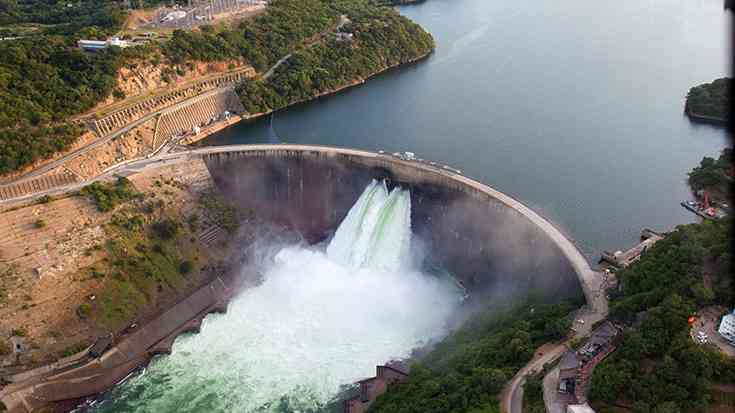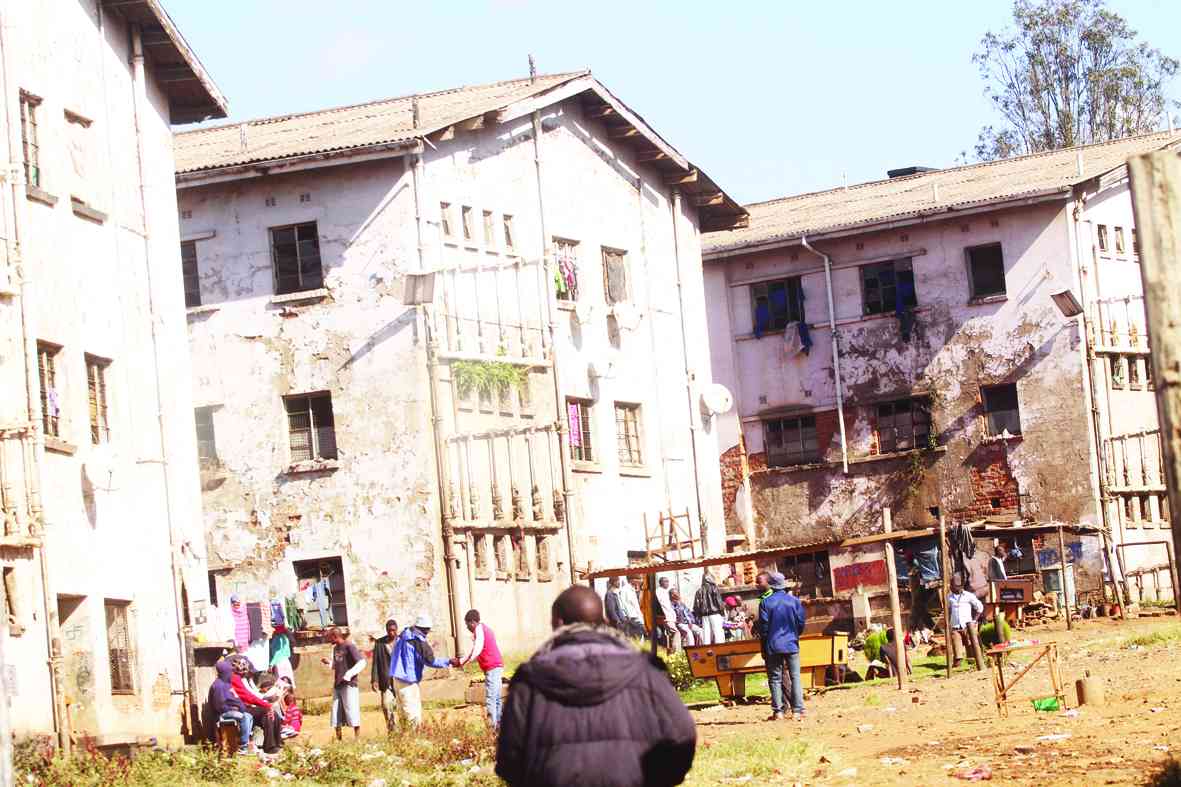
THE refilling of the plunge pool at the Kariba Dam Rehabilitation Project (KDRP) has commenced, with the facility 1% to completion.
With the plunge pool new shape in place, the finalisation of demobilisation work will mark the completion of the project.
It also marked the end of seven years of collaboration and commitment among Zimbabwe and Zambia, financiers, KDRP, supervising team and the contractor.
It is anticipated that the rehabilitation efforts, which involved the excavation of roughly 750 000 tonnes of rock, will add 60 years to the bridge’s lifespan.
Aside from improving safety and increasing the dam’s lifespan, the project has seen the reshaping of the plunge pool, which has increased its size, reducing the pressure the water spilling into the plunge pool exerts on the base of the pool while slowing the erosion of the natural rock floor.
The rehabilitation project was awarded to French contractor Razel-Bec, under the supervision of Zambezi River Authority (ZRA) with technical assistance from Swiss company, Gruner Stucky.
The project, estimated to cost US$294 million, is being funded by a combination of funds generated internally by ZRA, which is jointly owned by governments of Zimbabwe and Zambia.
The project has amortised loans and grants from co-operating partners like the World Bank, African Development Bank, European Union and Swedish International Development Agency.
- Need for transparency on The fears of the Hlengwe-Xangani ethnic group commonly referred to as the Chilonga community are not unfounded issue
- Need for transparency on The fears of the Hlengwe-Xangani ethnic group commonly referred to as the Chilonga community are not unfounded issue
- EU project brings relief to Mwenezi cattle farmers
- Mnangagwa loyalists suffer major blow
Keep Reading
Addressing delegates during the celebrations for the successful completion of the plunge pool reshaping in Kariba on Wednesday this week, Energy and Power Development minister Edgar Moyo said following the impoundment of the dam, which began in 1958, the natural riverbed downstream of the dam gradually eroded over several years to form an 81-metre plunge pool.
“This naturally occurring development was not of concern to the Zambezi River Authority since the continued deepening of the plunge pool was anticipated as a feature for dissipating the erosive energy of the spilling water,” he said.
“Concern subsequently arose from uncontrolled erosion along a zone of weaker rock which, if left unattended, would become a threat to the dam’s foundation and the safety of the dam.
“There was, therefore, need to reshape the plunge pool to create a new stepped profile aimed at decreasing the amount of swirling, improving energy dissipation and guiding the spilling water away from the dam foundation.”
Moyo said the weak rock in the fault zone was reinforced to prevent further scouring of the bedrock in the direction of the dam’s foundation.
“Continued engagement with other dam safety experts confirmed that the dam’s structural integrity was at stake.
“We were faced with an imminent risk of losing over 500 000 lives if the Kariba Dam wall collapsed, with devastating impacts on over three million people downstream.
“The multiplier effect of this catastrophe would result in the loss of key infrastructure, as well as the agriculture and tourism sectors in Zambia, Zimbabwe and Mozambique.”
He said losing the Kariba Dam wall would be a threat to regional energy security given the central nature of the lake and its role in regional integration.
ZRA acting chief executive Sithembinkosi Mhlanga applauded the work done at the plunge pool saying it was a great milestone for both Zimbabwe and Zambia.
“The completion of the plunge pool reshaping and commencement of refilling of the plunge pool are a great achievement in the history of the construction of the dam wall,” he said.
“As we complete the reshaping of the pool and plunge pool refilling, we also celebrate as no life was lost. This is a great testimony of how we value safety, health and environmental issues.”










